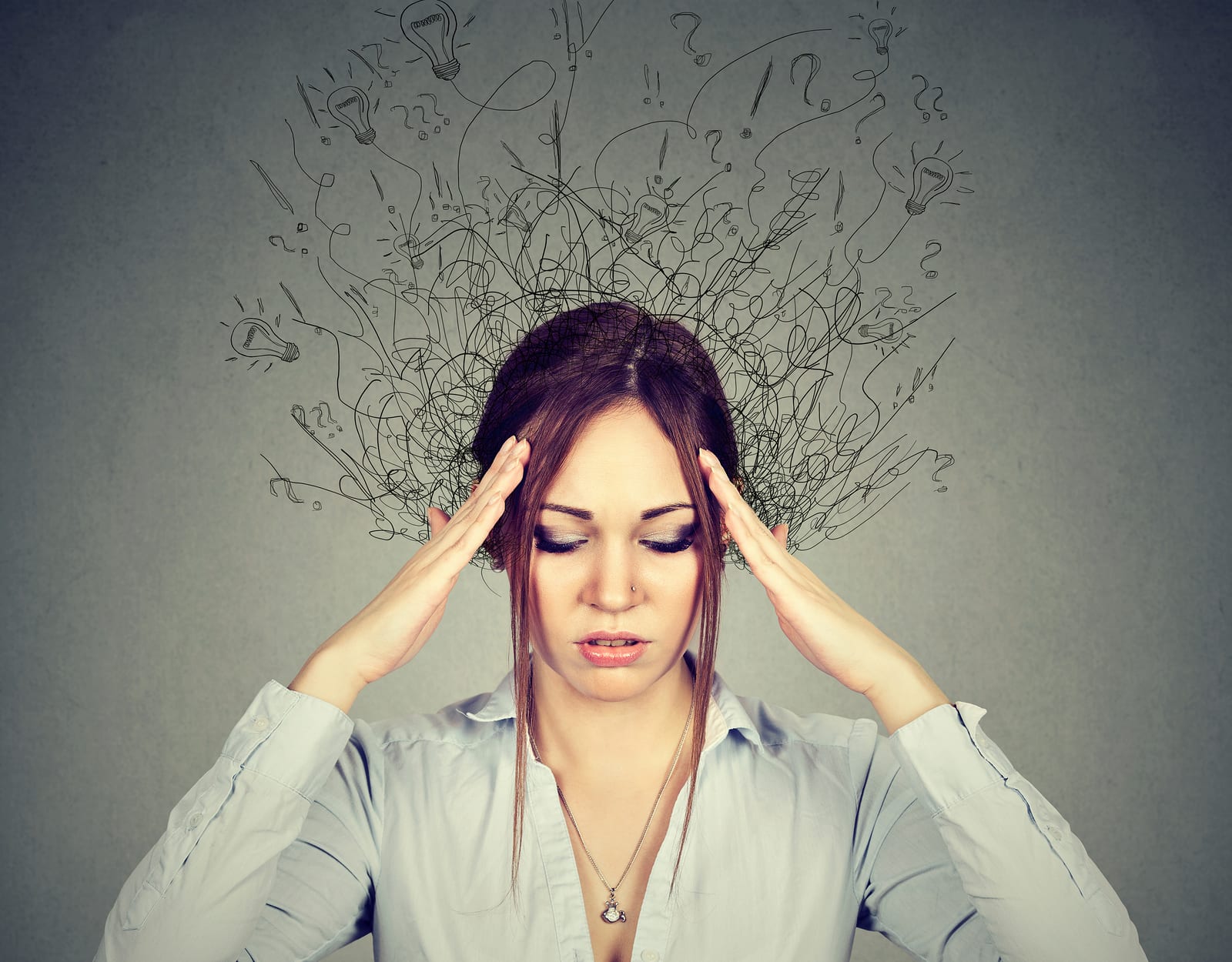
Most people experience anxiety in their day to day lives—minor stresses or worries that pass without much disruption. When these concerns become so powerful that they cross over into affecting the way a person functions and impedes their lives, this is considered an anxiety disorder.
Anxiety disorders can either develop over time due to environmental factors, or they can begin as the result of a specific event. Though many people suffer with anxiety disorders every day, they may not realize to what extent their situation may be affecting them. They also do not seek assistance because of the additional worry about being stigmatized.
It is important to always be mindful of the behaviors and emotions of those close to us. If someone close to you is displaying some of these symptoms, they may be suffering from an anxiety disorder. While these signs are a good indicator and can suggest a course of action, it is imperative that you have a conversation with someone about how they may be feeling.
Signs of an Anxiety Disorder

-
Unmanageable Fears and Worries
The average person has minor concerns and anxieties throughout the day. For someone suffering from an anxiety disorder however, these thoughts can multiply and spread, despite the individuals attempts to calm these fears.
-
Consistent Uneasy Feelings, Inability to Relax
With the constant press of worries and fears, it can be difficult to unwind and decompress. This built up tension can result in other mental and physical symptoms.
-
Becoming Fatigued Quickly
When the human body is on-edge consistently, much of its energy is spent trying to maintain the balance of function. Because of this there’s less energy stored for everyday tasks.
-
Excessive Muscle Tension
While stress is mainly considered a topic related to mental and emotional health, the rest of the body is also affected. Stress causes the muscles of the body to hold extra tension in preparation of a “fight or flight” response.
-
Loss of Focus
It is difficult to maintain undivided attention when unwanted and worrying thoughts crowd the mind.
-
Sleep Problems
The built up tensions from the day cannot be released, which can result in restless sleep. This can either manifest itself as difficulty falling asleep, staying asleep, or tossing and turning throughout the night.
-
Unusual Irritability
When operating on reduced sleep and unabated worries, frustrations can run high.
If you or someone you know is exhibiting some of the signs and symptoms of an anxiety disorder, talk with them about how they are feeling. It’s possible they don’t realize they are showing these signs because it is their every day, and therefore normal. After discussing their thoughts and feelings with them, the best thing to do is to seek the advice of a professional.
About Lehigh Center
The Lehigh Center is the largest independently run research facility in the Lehigh Valley. Our qualified physicians conduct clinical trials to evaluate investigational treatments for specific diseases, including depression. If you are interested in leaning more about our current studies, please click the link below.
